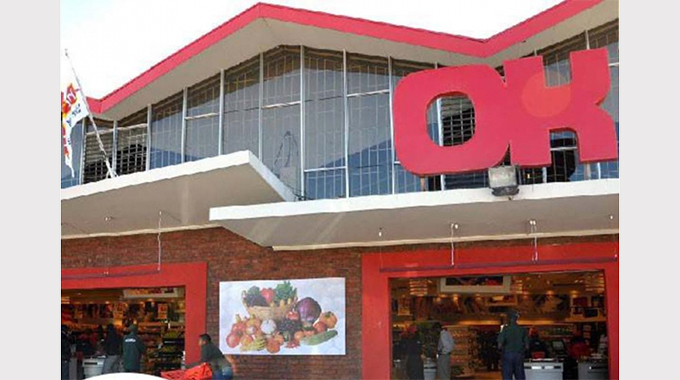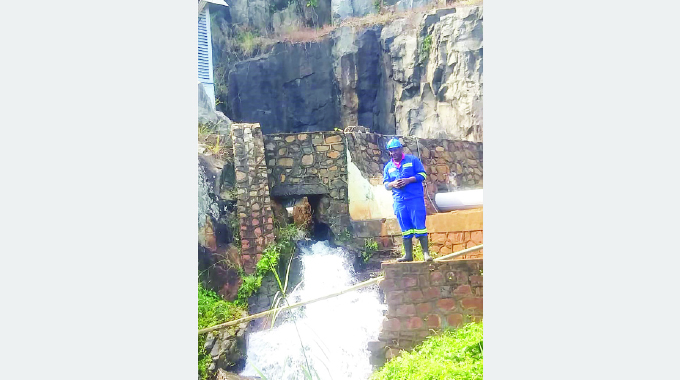OK to continue expansion despise inflation challenges

Nelson Gahadza-Senior Business Reporter
Retailer Ok Zimbabwe says it will continue with its expansion plans for the current financial year, with a number of refurbishments and new stores scheduled despite challenges presented by high inflation levels and exchange rate volatility.
The group also plans to upgrade its Information communication technology platforms to improve operational efficiencies and support its innovation thrust.
Group chief executive officer Maxen Karombo said during an analyst briefing for the year ended March 31, 2022 that the group was going to focus mainly on improving customer needs and investment in new store network.
“We want to deliver sustainable growth, so we are going to extend our reach through continuous store refurbishment and ensure that our partnership with suppliers, customer groups and various stakeholders are very aligned to our growth opportunities,” he said.
He added that the group also aims to drive technology in order to be a business that is integrated both in store and digital store performance.
Mr Karombo said during the year under review, the group invested in a new store in Banket , along the Harare-Chirundu Highway and in partnership with Chivhu council, acquired a stand and built a brand new OK Mart store.
“Our investments are not only about new footprint, but we are also going to refurbish stores that we are operating in to show that they are truly centres of happiness for everyone who comes through,” he said.
Mr Karombo said the group, being alive to a hyperinflationary environment; cost containment becomes a key priority to preserve value.
He said this will not be an easy task, but the group’s evolving model will focus on key pillars that will help deliver value.
“We continue to implore our authorities, especially on the adverse effects of the IMTT. We continue raising this because we can see its impact on profitability because it is out of profit that we reinvest in business, so it is taking our capacity to reinvest,” he said.
During the 2022 financial year, sales volume grew by 22,7 percent over prior year. In inflation adjusted terms, revenue for the year grew by 34,7 percent to $79,9 billion from $59,3 billion in the prior year.
Profit before tax of $4,8 billion was 38,5 percent above prior year’s $3,5 billion while profit after tax grew by 48,9 percent to $2,8 billion from $1,9 billion in prior year.
FBC Securities in its OK Zimbabwe earnings flash, said increased competition from a growing informal sector in the local economy is a threat to OK Zimbabwe’s operations as customers may divert from OK stores to informal corner shops selling products at discounted US dollar prices.
It added that the shrinking consumer disposable incomes owing to prevailing inflationary and exchange rate pressures as well as the effects of reduced agricultural yields in the current season may impact sales volumes in the current year.
Meanwhile, the group’s overheads grew by 37 percent over prior year with staff costs, electricity charges, rentals, bank charges and depreciation being the cost lines that contributed most significantly to overheads growth.
“The increase in staff costs was driven by the imposition of salary and national pension fund increases. In addition, the group continued to endure excessive intermediated money transfer tax (IMTT) during the year.
“The increase in the transaction thresholds had a dramatic impact on the competitiveness of the formal retail sector, drives inflation and undermines profitability and attractiveness of Zimbabwe as an investment destination,” said group chairman Mr Herbert Nkala.
He said the group continued to appeal to the authorities to reduce these transaction thresholds to create an even playing field for the retail trade which will benefit customers.
“An effective corporate tax rate of 34,3 percent is unsustainable,” he said. Mr Nkala noted that capital expenditure for the year was $3,1 billion up from $2,1 billion in prior year.
He said most of the capital expenditure was channelled towards store refurbishments and new stores opening.








Comments